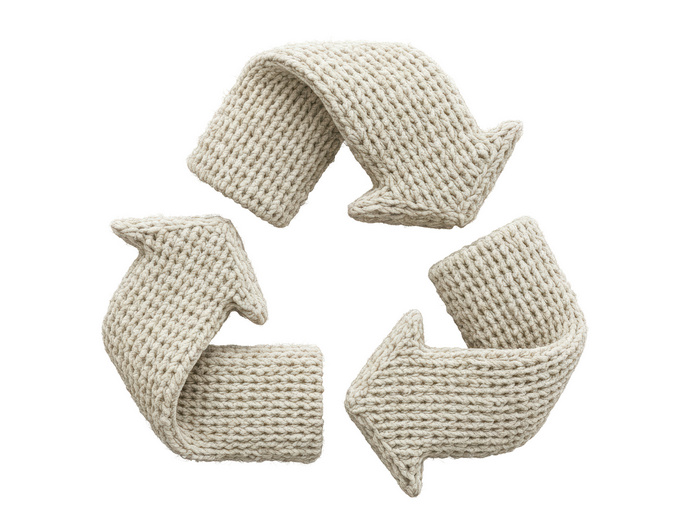Next-generation production technologies to reduce the environmental impact of composites
Composites' combined strength and lightness as well as low cost make them ideal for numerous industries. However, there are substantial ecological trade-offs. They also pose health risks for the people who manufacture them. Faced with these challenges, the EU-funded REFORM(opens in new window) (Resource-efficient factory of recyclable manufacturing composite components) project aimed to revolutionise the composite life cycle by identifying ways to reduce manufacturing scrap, waste and pollution. Project partners developed clean and resource-efficient technologies for composites manufacture and disposal. The technologies will reduce waste, energy and water consumption, and health risks associated with raw material mining, production, and eventual disposal or recycling. They also developed methods to improve the recyclability and reuse of composite components. As such, the REFORM team conducted a series of case studies to examine and demonstrate forming, machining, assembly and recycling methods. The project delivered a number of new technologies. These include RE-FORM boards, which use recycled material to replace virgin material with a reduction in raw material use and costs of 30% - 40%, as well as reducing storage weight and volume for fixtures. Other developments include a laser-assisted tape-layup system that lowers setting energy and scrap by 50 % and cost by 45 % for the right part, and a low-cost open-source augmented reality lay-up system that decreases scrap by 15 %. They also developed a water and abrasive recycling unit that recovers up to 95 % of abrasive and water during use, as well as waterjet hardware, software and parameter sets that reduce cutting time and energy use of waterjet machining 50 %-75 %. One final innovation is the fibre recovery mechanism that can reclaim fibres with under 5 % resin content and with strength losses of only 25 %-30 % and 40 %-50 % for carbon and glass, respectively, and which was demonstrated on automobile components. REFORM manufacturing technologies will enable green, economically viable production methods to be integrated into tomorrow's composites eco-factory.







